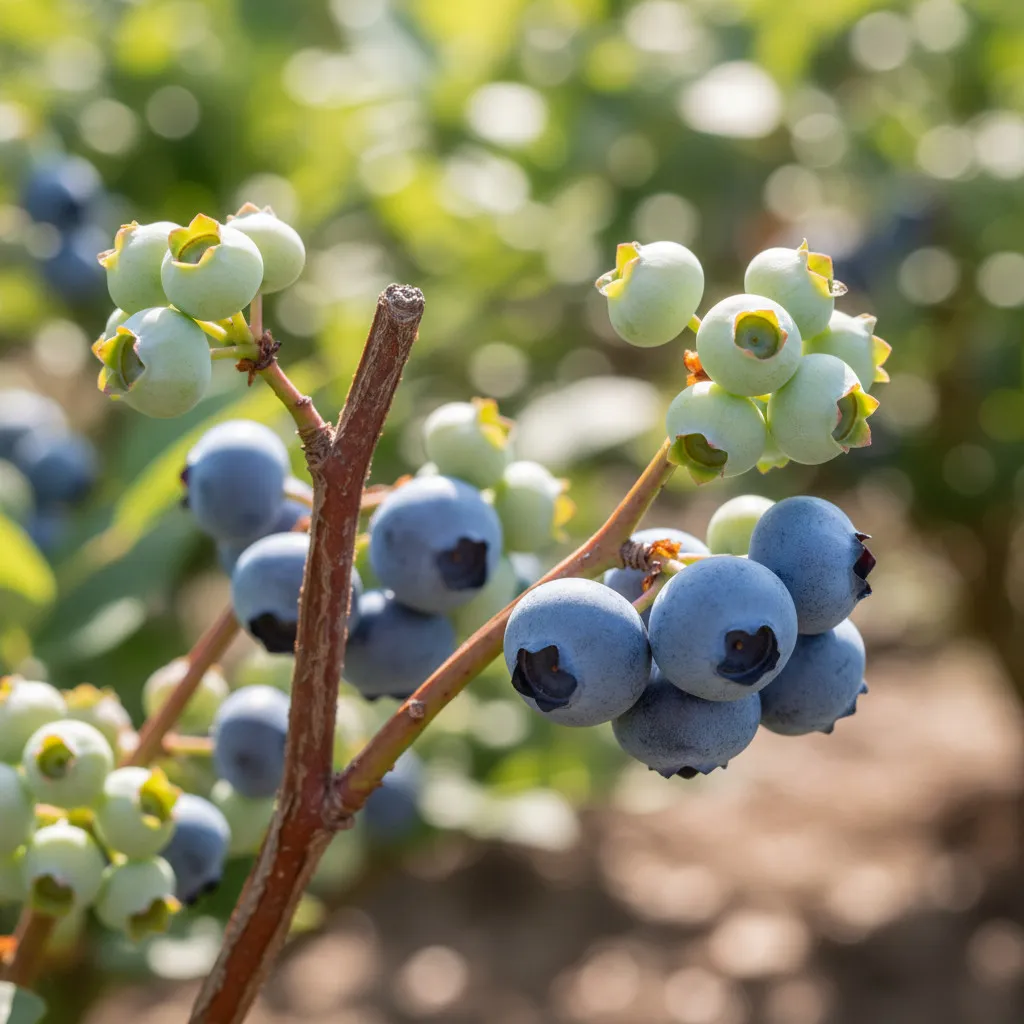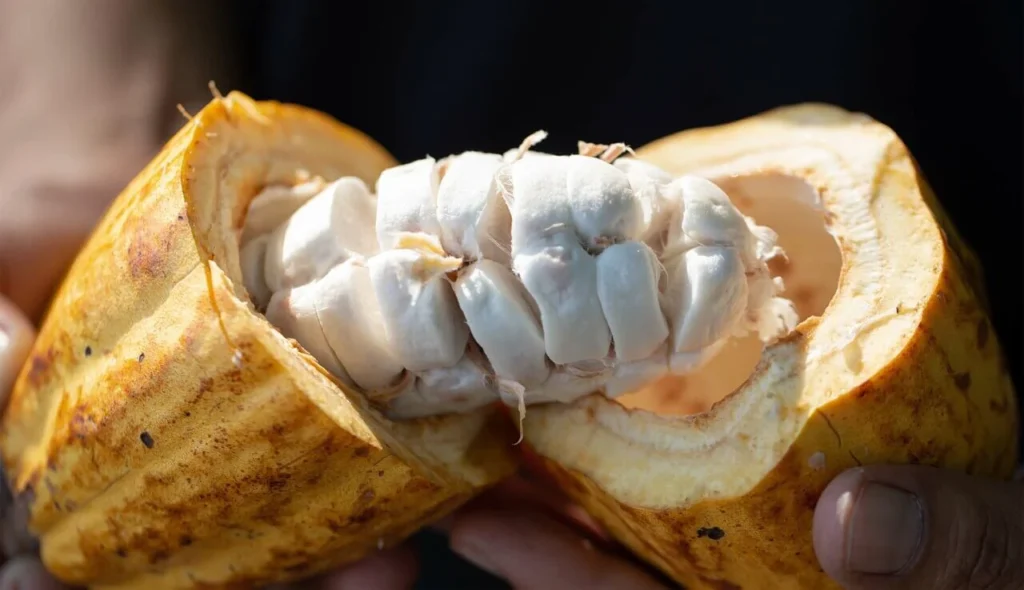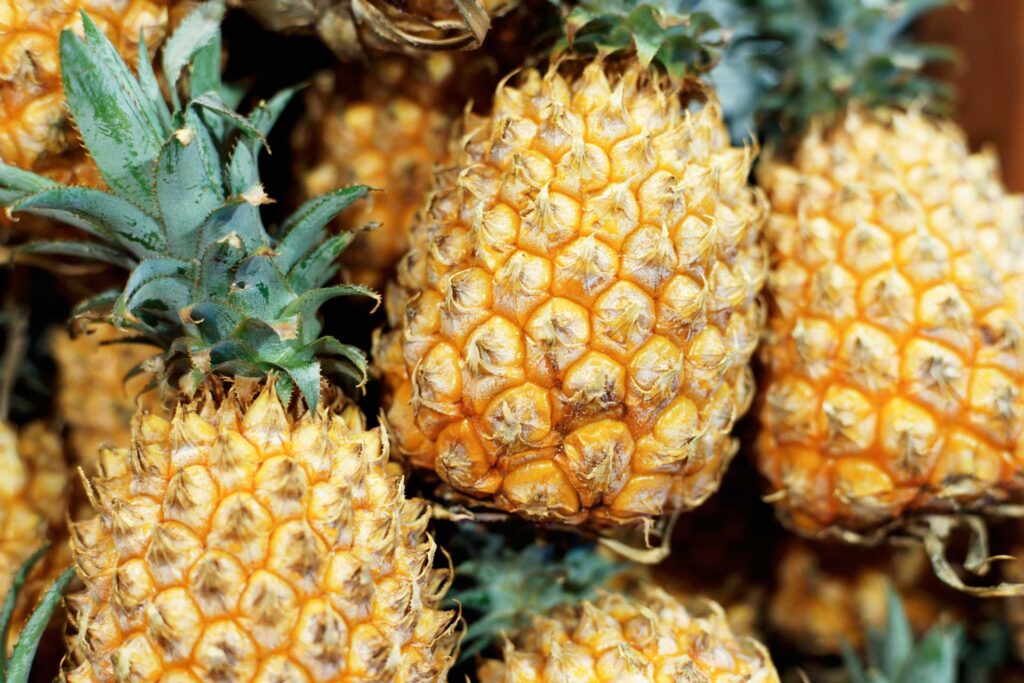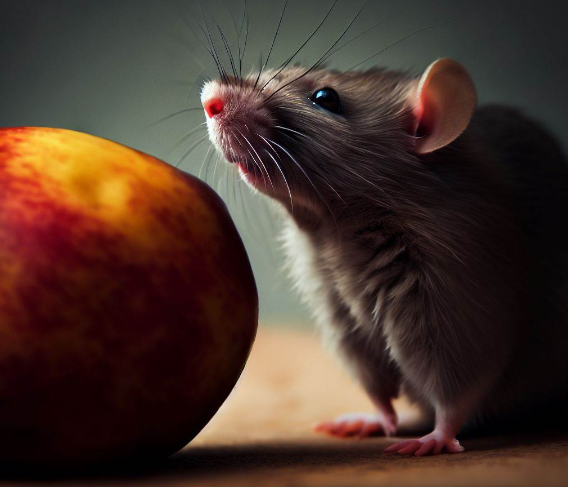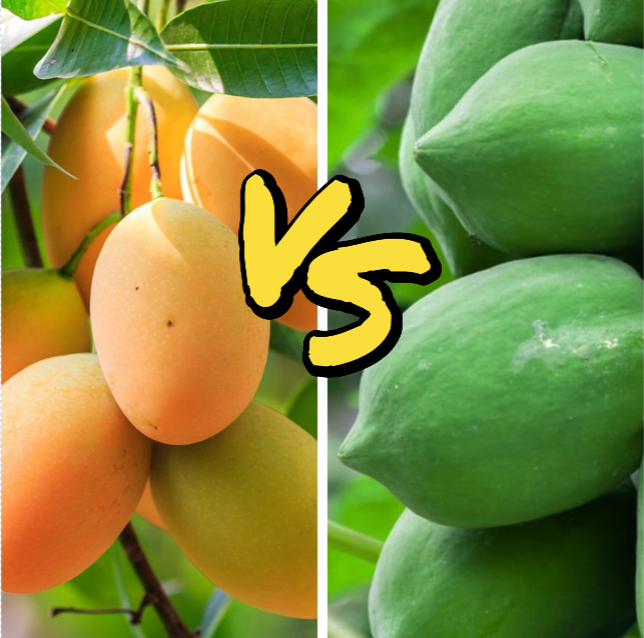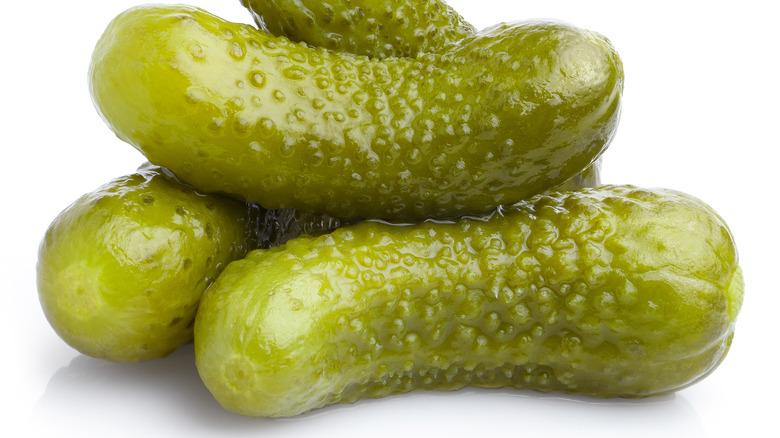Testosterone is really important for both men and women. For men, it does a lot of things, like helping muscles grow, keeping bones strong, changing mood, and making sure everything works right in the bedroom.
Lots of people talk about food and how it might change your hormone levels. This makes some people wonder if eating bananas could make your testosterone levels go down. In this article, we’ll look closely at bananas and testosterone to see if there’s any truth to the idea that bananas could hurt your testosterone.
Table of Contents
What is Testosterone and Why Do We Need It?
Testosterone is the main hormone for guys, but girls have it too, just in smaller amounts.
This hormone is super important for a bunch of things in the body. It helps guys look like guys, and it keeps lots of things running smoothly like muscle size, where your body puts fat, your energy, mood, and sex life.
Can Eating Bananas Lower Your Testosterone?
Some people think that bananas might be bad for your testosterone. But science doesn’t back that up. There’s nothing in bananas that has been proven to lower testosterone or mess with how much you have.
Actually, bananas could be good for your testosterone in different ways:
1. They’re Full of Good Stuff
Bananas are packed with vitamins and minerals that are great for you.
While they don’t directly make more testosterone, eating foods with lots of nutrients (like bananas) can help keep your hormones happy. Getting the right vitamins and minerals helps your body make and balance hormones.
2. They Give You Energy for Working Out
Bananas are a quick source of carbs, and carbs give you energy.
Staying active and keeping a healthy weight are super important for keeping your testosterone in check. Eating bananas can give you that burst of energy you need for exercise and staying on the move.
3. They Fight Inflammation
Bananas have stuff in them like dopamine and catechins which help fight off damage to your cells.
When your body is too inflamed or has a lot of oxidative stress, it can make your hormone levels go wonky. The good things in bananas help stop that from happening.
4. They’re Good for Your Gut
Bananas have lots of fiber, which can help keep your body running smoothly.
Eating fiber helps with your metabolism, which includes how your body handles sugar. When your insulin levels are good, it helps your hormones stay balanced.
Remember, lots of things can change your testosterone levels, like how old you are, what you do every day, if you have any health problems, and what genes you inherited from your parents.
While bananas by themselves don’t directly change testosterone levels, eating right, exercising, keeping stress low, and sleeping well all matter a lot for hormone health.
The Takeaway
Bananas are a healthy fruit that you can totally include in a varied diet. They aren’t bad for your testosterone or hormones.
In fact, their good qualities can even help keep your hormones on track. But remember, testosterone levels depend on many things, and everyone is different.
So, go ahead and eat bananas along with lots of other healthy foods to help you stay feeling your best.

